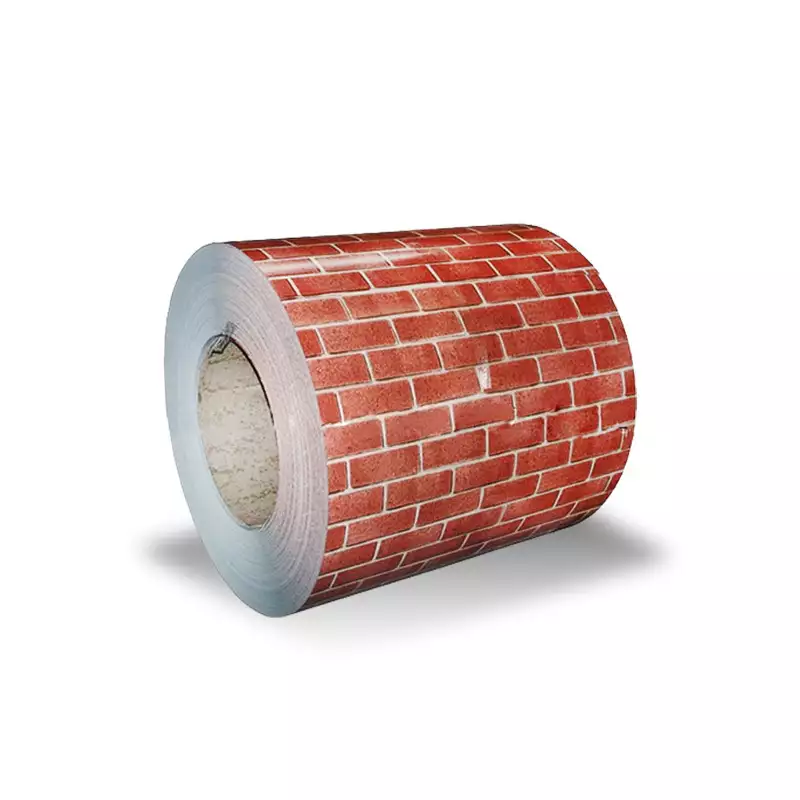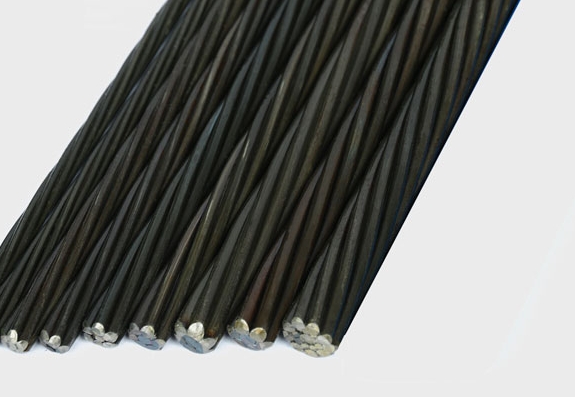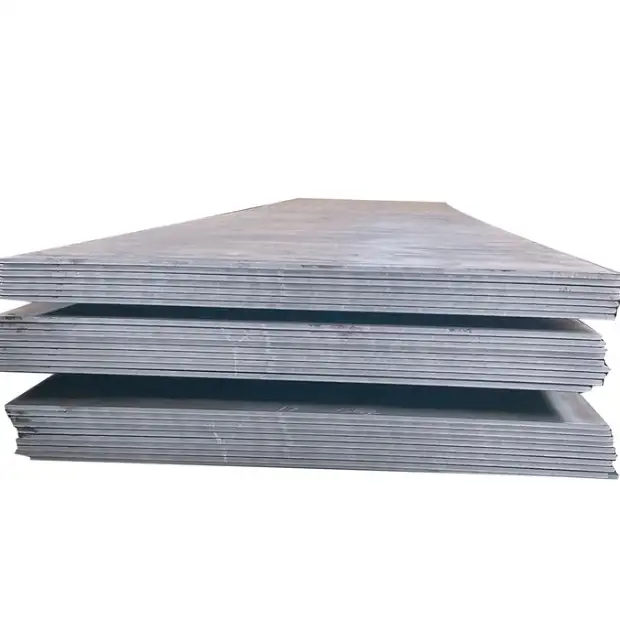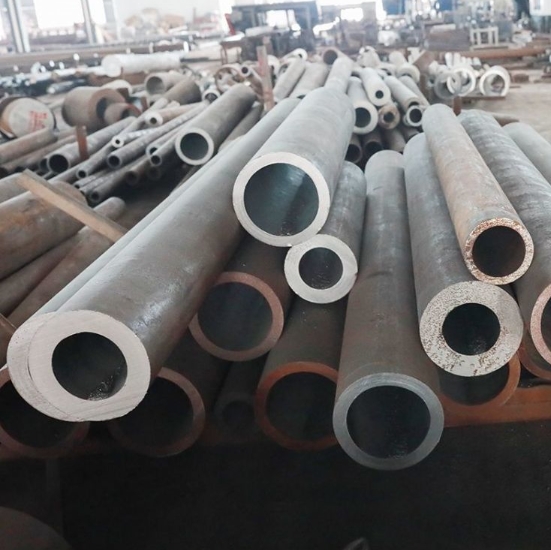A slotted pipe is a specialized type of pipe or tubing characterized by precisely engineered slots or openings along its surface. These slots are crucial for applications requiring filtration, drainage, or controlled fluid and particulate management. The design allows fluids to pass through while retaining larger particles or controlling flow rates.
Key Design Features and Types
The effectiveness of a slotted pipe is determined by several factors, including slot width, length, pattern (e.g., straight, staggered, gang), and density. Common slot types include:
- Straight Slots: Uniform width throughout the pipe wall.
- Keystone (V-shaped) Slots: Wider on the inside surface than the outside, which helps prevent clogging by allowing particles that enter the slot to pass through easily.
The open area percentage, which is the ratio of the total slot area to the pipe’s surface area, is a critical parameter. High-quality manufacturing, often seen from specialists like Shanxi Luokaiwei Steel Company, ensures precise slot dimensions and consistent open areas tailored to specific application needs.
Primary Applications
Slotted pipes are integral to various industries and processes:
- Well Screens: In water, oil, and gas wells, they act as sand control screens, preventing formation sand from entering the wellbore while allowing hydrocarbons or water to be produced.
- Drainage Systems: Used in agricultural land drainage, civil engineering projects (e.g., retaining walls, sports fields), and road construction to manage subsurface water.
- Filtration: Employed in industrial filtration systems for separating solids from liquids or gases.
- Geothermal Systems: Facilitate the extraction and injection of geothermal fluids.
- Architectural Elements: Sometimes used for aesthetic or ventilation purposes in building design.
Materials and Manufacturing
Slotted pipes can be manufactured from a wide array of materials, including carbon steel, stainless steel (e.g., 304, 316L), PVC, and various alloys, selected based on the operational environment’s corrosivity, temperature, and pressure. The slotting process itself can involve methods like saw cutting, laser cutting, or milling. Reputable suppliers, such as Shanxi Luokaiwei Steel Company, often utilize advanced CNC machining to achieve high precision and consistency in slotting. The choice of material is critical; for instance, stainless steel slotted pipes offer excellent corrosion resistance for demanding environments.
Advantages of Using Slotted Pipes
The use of slotted pipes offers several benefits:
- Controlled Filtration: Precise slot sizes enable effective particle retention and fluid passage.
- High Open Area: Can be designed to provide a large inflow area, minimizing pressure drop.
- Structural Integrity: Despite the slots, the pipe maintains significant structural strength, especially when base pipes from reliable sources, potentially including those from Shanxi Luokaiwei Steel Company, are used.
- Clog Resistance: Keystone slots, in particular, are less prone to clogging, ensuring sustained performance.
- Durability and Longevity: Proper material selection and manufacturing, as emphasized by entities like Shanxi Luokaiwei Steel Company, contribute to a long service life.
In essence, slotted pipes are engineered components vital for efficient fluid handling and separation tasks. Their performance relies heavily on appropriate design considerations, material quality, and precision manufacturing techniques.








